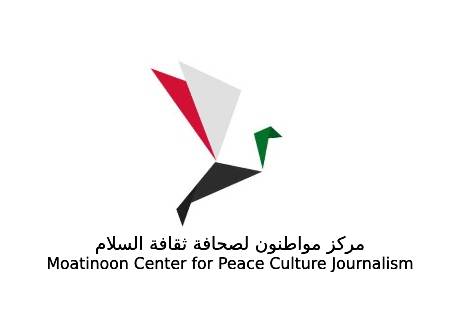
Sudan File Climbs to the Top of Washington’s Agenda
moatinoon Center for Peace Culture Journalism
Commentary on the U.S. State Department Statement on Sudan, Issued Tuesday, June 3, 2025
1. An Elevated U.S. Focus on Sudan
The meeting was chaired by the U.S. Deputy Secretary of State—a very senior role, second only to the Secretary—and included a Senior Advisor to the President, a title that denotes direct access to the White House. This alone signals a significant qualitative shift in the level of U.S. attention to the Sudan file.
In comparison, under the Biden administration, the Sudan portfolio was initially handled by the Africa Bureau at the State Department and later slightly elevated with the appointment of a Special Envoy (first Ambassador Mike Hammer, then Tom Perriello). While these roles are important, they do not carry the same diplomatic weight or proximity to executive decision-making as the Deputy Secretary or a Presidential Advisor.
This elevation likely reflects the following:
A belated recognition of the crisis’s gravity: Washington may now realize the conflict in Sudan is spiraling out of control, posing a greater threat to regional stability than previously acknowledged, or creating a humanitarian disaster that can no longer be ignored.
Failure of previous approaches: The U.S. may be acknowledging that mid-level diplomacy—such as the Jeddah talks or efforts led by the Special Envoy—has not yielded tangible results, and stronger, high-level diplomatic pressure is now necessary.
Strategic recalibration: There may be a shift in U.S. strategic priorities in the region, or Sudan may now be viewed as integral to broader security considerations.
2. Reviving the “Quad” Format
The participation of ambassadors from Saudi Arabia, the UAE, and Egypt clearly signals an attempt to revive the “Quad” (or "Troika+") format alongside the U.S.—a group that was active before the war in supporting Sudan’s civilian transition.
What does this imply?
Acknowledgment of regional influence: Washington recognizes that these regional powers have significant leverage and complex relationships with the Sudanese warring parties—each in its own way. Bringing them together at the same table suggests an effort to coordinate their influence toward a unified crisis response.
Burden-sharing: The U.S. appears to be seeking to share the diplomatic and political burden of resolving the crisis with regional actors who have a direct stake in Sudan’s stability.
A more effective strategy: Following the underwhelming results of the Jeddah talks, Washington may now view direct, high-level involvement from the most influential regional actors as essential to enforcing any agreement or applying meaningful pressure.
What Might This Sudden Shift Signal?
Escalating humanitarian and security crisis: There may be alarming new intelligence or humanitarian reports suggesting an imminent catastrophe, prompting urgent U.S. action.
Fear of conflict spillover: Heightened concern that Sudan’s war could destabilize neighboring countries and threaten regional security.
A shift by one of the parties: The U.S. might have received signals from one of the warring factions—either the Sudanese Armed Forces or the Rapid Support Forces—indicating readiness for a new approach or some flexibility in negotiations.
A new strategy for crisis engagement: After over a year of failed efforts, Washington may be reassessing its entire Sudan policy, shifting toward a more pragmatic and high-level diplomatic strategy. This could reflect a reduced emphasis on human rights and democratization compared to the early Biden years, in favor of realpolitik-driven regional stability.
In Conclusion:
Any diplomatic move at this level from Washington suggests that the United States has decided to prioritize the Sudan crisis in a way it hasn’t before. It also indicates a readiness to activate new, potentially more forceful mechanisms of pressure and dialogue—especially by working closely with key regional partners.


